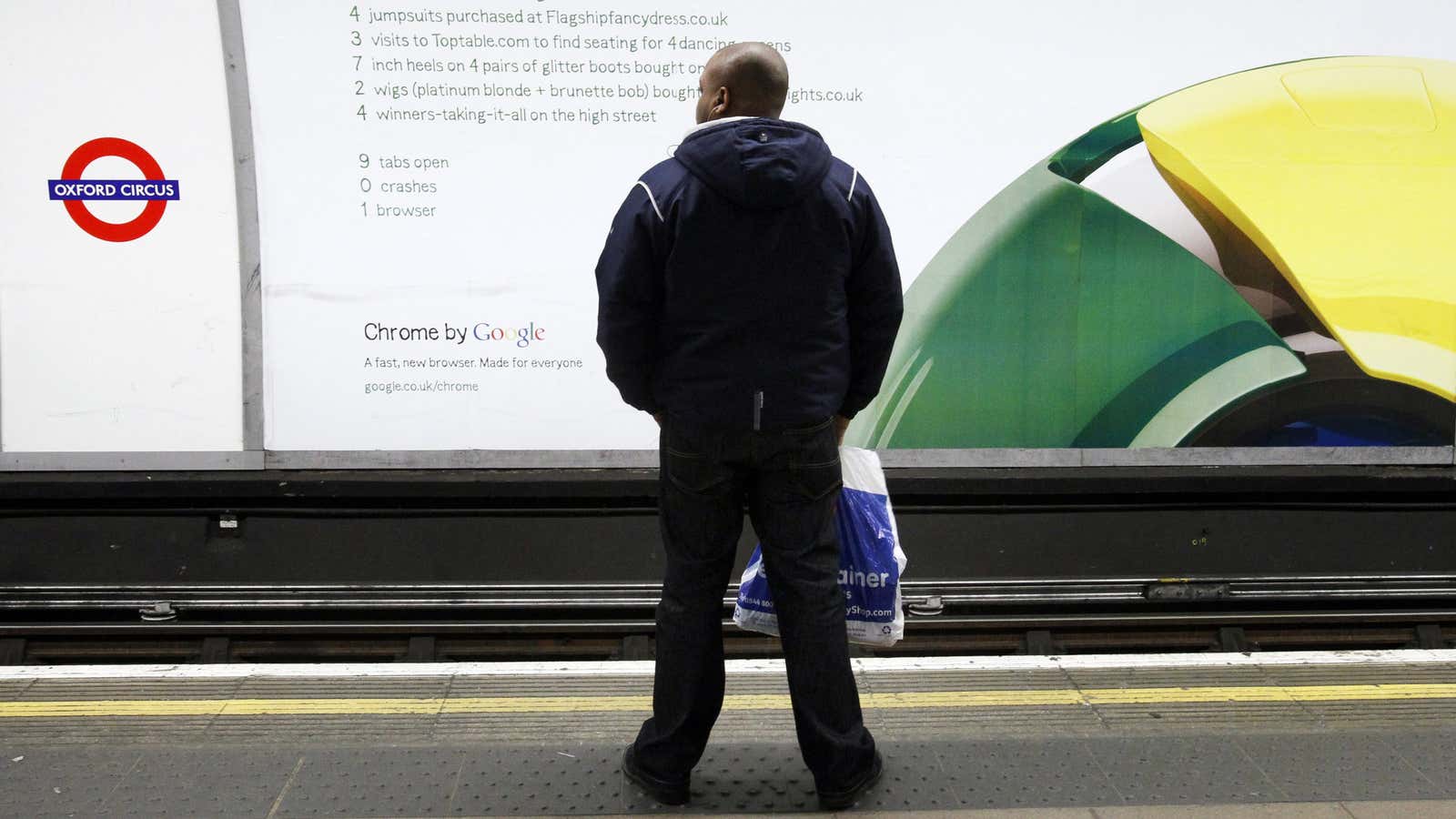As hundreds of brands in the UK including HSBC, Toyota, and the British government pulled their ads, Google announced new tools that will let advertisers avoid displaying their messages next to hate speech on the platform.
Google’s chief business officer Philipp Schindler apologized in a blog post today, writing: “Recently, we had a number of cases where brands’ ads appeared on content that was not aligned with their values. For this, we deeply apologize. We know that this is unacceptable to the advertisers and agencies who put their trust in us.” This followed a public apology from Google’s Europe chief Matt Brittin at a trade conference in London yesterday.
Schindler wrote that Google would devote more people and deploy artificial intelligence tools to prevent ads from appearing against hate-speech. A new complaint line will also be established for advertisers. Among the new measures for advertisers are:
- A new default setting that prevents ads from being shown against “objectionable” content. Brands have to to opt-in if they want their ads shown against a broader set of content.
- More powerful ways to exclude sites and YouTube channels, across multiple advertising campaigns.
- Unspecified new ways for brands to ”fine-tune” where they want ads to appear.
Schindler writes the tools will be available in the ”coming days and months.” It’s unclear if the tools will be available worldwide, or to UK advertisers, although Schindler is in charge of the company’s global affairs. Quartz has asked Google for more detail on how the tools will function, and when they’ll be available.
Outcry was sparked by a Times of London investigation that showed YouTube channels promoting hate speech were earning tens of thousands of dollars for their extremist operators thanks to ads placed by Google. For instance, Volkswagen ads were shown on the channel of Wagdi Ghoneim, who has been banned from entering Britain for promoting terrorism. British politicians have accused Google of “profiting from hatred” after the revelations.
Google’s capitulation shows ad networks can no longer afford to be cavalier about where they place clients’ messages, or about the types of content they allow on their networks. In November AppNexus, a major network, decided to stop serving ads to Breitbart, citing violations of its hate speech policy. Google and Amazon persisted. This triggered a grassroots campaign on Twitter to pressure brands to exclude Breitbart from their campaigns, which saw Kellogg and others take action. With the world’s biggest brands and media agencies now involved, Google couldn’t ignore the problem any longer.
